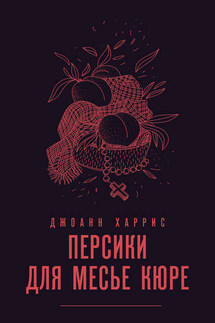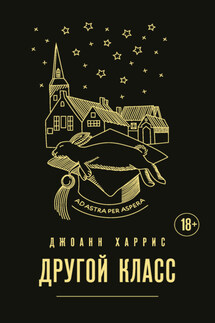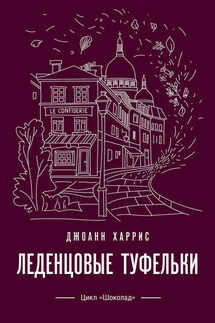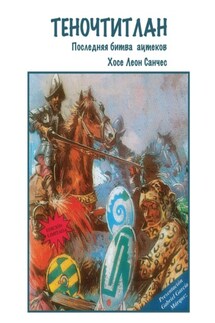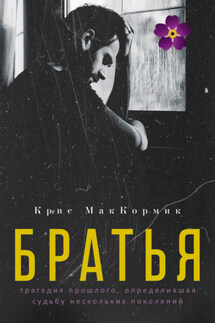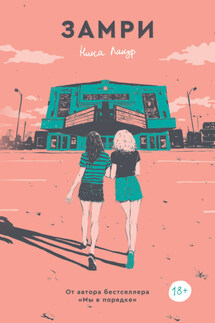Five Quarters of the Orange / Пять четвертинок апельсина - страница 2
And the trees all had names. Belle Yvonne, my mother would say as she passed a gnarled pear tree. Rose d’Aquitaine. Beurre du Roi Henry. Her voice at these times was soft, almost monotone. I could not tell whether she was speaking to me or to herself. Conference. Williams. Ghislaine de Penthièvre. This sweetness.
Today there are fewer than twenty trees left in the orchard, though I have quite enough for my needs. My sour cherry liqueur is especially popular, though I feel a little guilty that I cannot remember the cherry’s name. The secret is to leave the stones in. Layer cherries and sugar one on the other in a widemouthed glass jar, covering each layer gradually with clear spirit (kirsch is best, but you can use vodka or even Armagnac) up to half the jar’s capacity. Top up with spirit and wait. Every month, turn the jar carefully to release any accumulated sugar. In three years’ time the spirit has bled the cherries white, itself stained deep red now, penetrating even to the stone and the tiny almond inside it, becoming pungent, evocative, a scent of autumn past. Serve in tiny liqueur glasses, with a spoon to scoop out the cherry, and leave it in the mouth until the macerated fruit dissolves under the tongue. Pierce the stone with the point of a tooth to release the liqueur trapped inside and leave it for a long time in the mouth, playing it with the tip of the tongue, rolling it under, over, like a single prayer bead. Try to remember the time of its ripening, that summer, that hot autumn, the time the well ran dry, the time we had the wasps’ nests, time past, lost, found again in the hard place at the heart of the fruit…
I know. I know. You want me to get to the point. But this is at least as important as the rest, the method of telling, and the time taken to tell… It has taken me fifty-five years to begin. At least let me do it in my own way.
When I came back to Les Laveuses I was almost sure no one would recognize me. All the same I showed myself clearly, almost brazenly, about the village. If someone did know me, if they managed to distinguish in my features those of my mother, then I wanted to know it immediately. I wanted to know where I stood.
I walked to the Loire every day and sat on the flat stones where Cassis and I had fished for tench. I stood on the stump of the Lookout Post. Some of the Standing Stones are missing now, but you can still see the pickets where we hung our trophies, the garlands and ribbons and Old Mother’s head when we finally caught her. I went to Brassaud’s tobacconist’s-his son runs it now, but the old man is still alive, his eyes black and baleful and aware-to Raphaël’s café, the post office where Ginette Hourias is postmistress.
I even went to the war memorial. On one side, the eighteen names of our soldiers killed in the war, beneath the carved motto Morts pour la patrie. I noticed that my father’s name has been chiseled off, leaving a rough patch between Darius G. and Fenouil J. – P. On the other side, a brass plaque with ten names in larger letters. I did not need to read them. I know them by heart. But I feigned interest, knowing that inevitably someone would tell me the story, perhaps show me the place against the west wall of Saint-Benedict’s, tell me that every year there was a special service to remember them, that their names were read out from the steps of the memorial and flowers laid out… I wondered whether I could bear it. I wondered whether they would know from my face.
